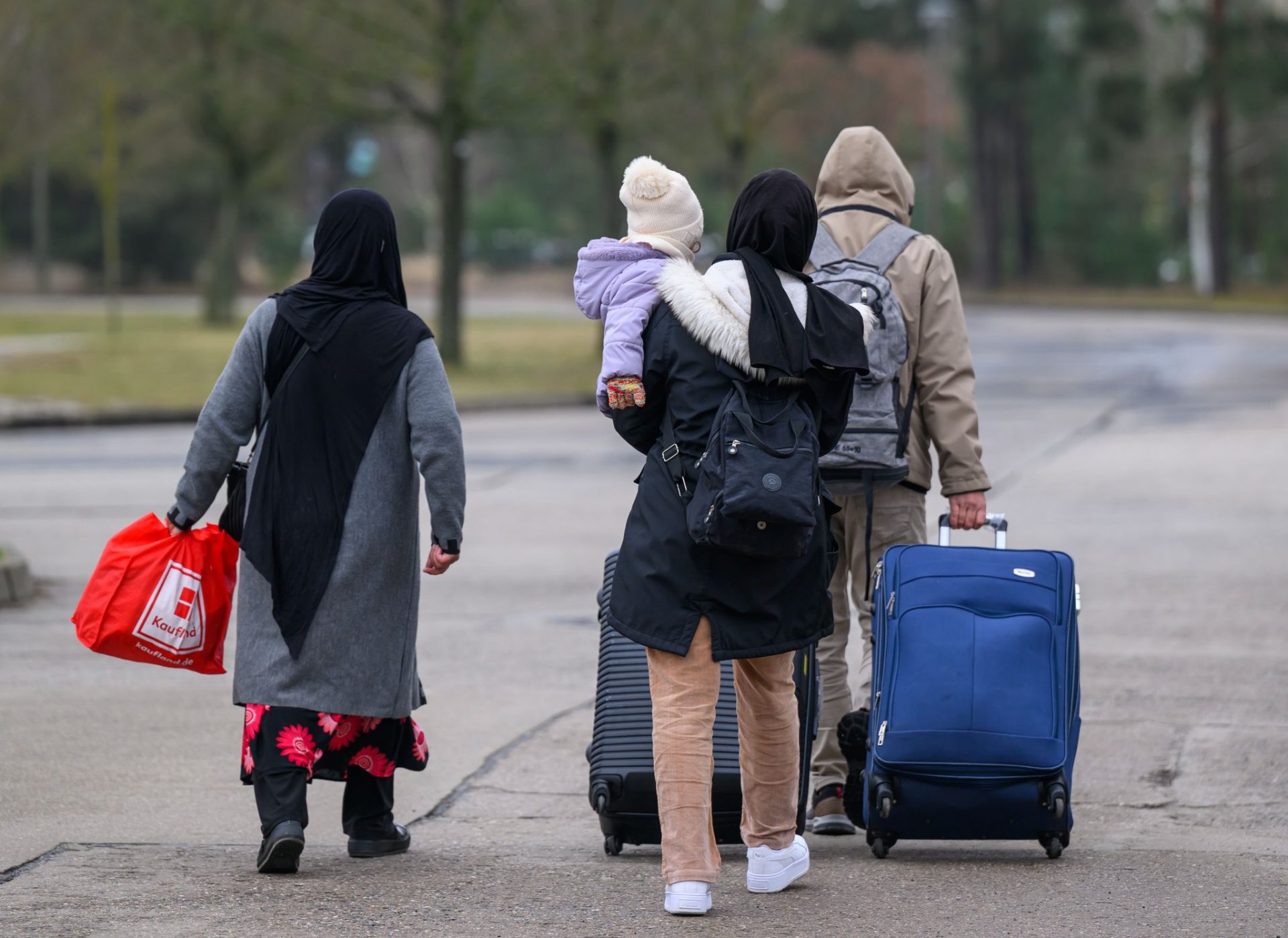
Last year, the Refugee Board handled numerous Dublin cases, which have become increasingly complex.
According to the board’s 2024 report, these cases should theoretically be straightforward to process.
“If all parties adhered to their EU legal obligations under the Dublin Regulation, processing these cases would be relatively simple,” stated Stig Torp Henriksen, head of the board’s secretariat.
The Dublin Regulation, an agreement among EU nations and Norway, Switzerland, Iceland, and Liechtenstein, aims to ensure that an asylum application filed in one of these countries is processed by only that country.
This regulation mandates that individuals must apply for asylum in the first EU country they reach. If someone arrives in one EU country and later travels to another or to Switzerland, they can be returned to the initial country of arrival.
Henriksen emphasized that Dublin cases are usually processed at the discretion of the chair without needing a full board meeting.
“However, due to concerns regarding certain countries meeting their EU obligations—such as inadequate reception conditions for asylum seekers—it often necessitates the full board’s involvement,” he clarified, highlighting the complexities involved.
The Refugee Board operates independently, serving as an appellate body for the Danish Immigration Service’s asylum decisions.
In 2024, countries like the Netherlands and Switzerland emerged as problematic in Dublin cases, as revealed by a request for information about the board’s assessment of Dublin countries facing challenges.
Notably, the Netherlands, Belgium, and Switzerland are listed among Dublin countries with issues, as pointed out by Louise Halleskov, a public law professor specializing in immigration and human rights at Aarhus University.
“These countries are not typically known for systemic failures in their asylum processes or for facing issues similar to those of Italy, Greece, and Malta, which have been recognized for years,” she remarked, adding:
“This has practical implications: If Denmark has asylum seekers who should theoretically be sent back to the Netherlands under the Dublin Regulation but the Netherlands has systemic issues, this undermines the regulation’s effectiveness,” she explained, noting that Denmark might end up processing more asylum seekers as a result.
Halleskov highlighted that EU countries have been aware of the significant challenges within the EU asylum system for years.
“These challenges have been steadily increasing,” she noted.
Henriksen from the Refugee Board pointed out that both the volume and complexity of cases have amplified over time.
“Eventually, this becomes significant enough to impact case processing, making it considerably more resource-intensive,” he concluded.
/ritzau/













Leave a Reply